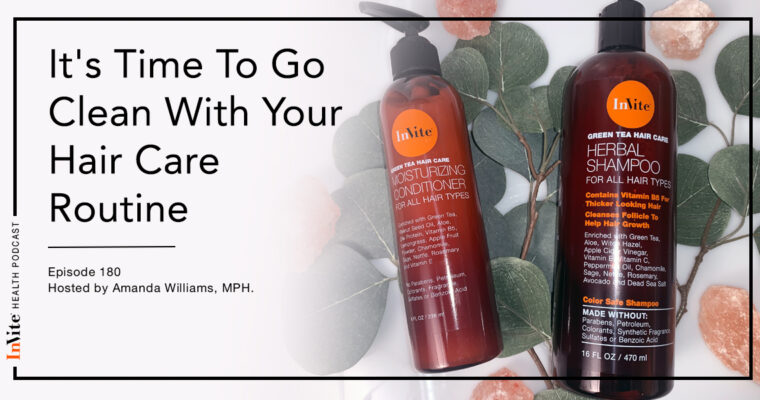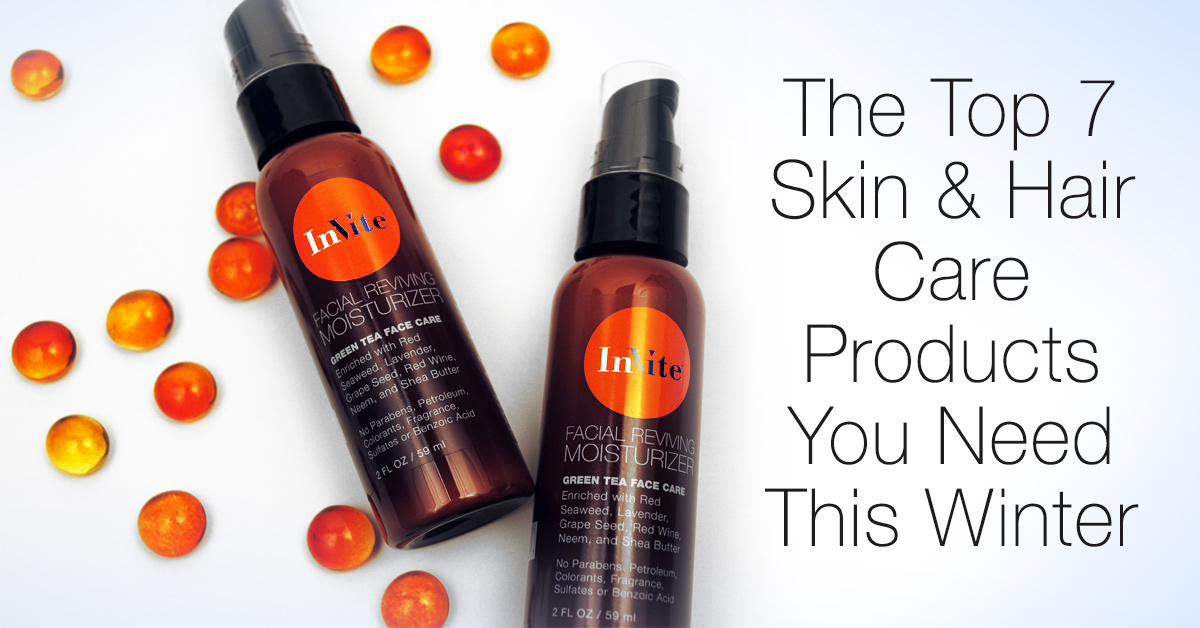The cold and dry winter weather can be severely damaging to the skin. While you should always pay attention to your skin, it does need a little more TLC during the winter. Winter does bring about some serious challenges to your skin that you need to be wary of. Here’s what you need to know about winter skin care.
Skin Facts
The skin is the largest organ in the body, and it is responsible for many functions that contribute to our health and well-being. The skin protects the body against physical and chemical aggression’s, serves as a sensorial receptor, regulates body temperature, and supplies our cells with oxygen, water, and minerals. It also synthesizes Vitamin D from the sun, which is essential for healthy, strong bones and bone growth.
Did you know that we absorb up to 60 percent of what we apply on our skin? Yes, it is true! Anything you are putting on your skin is being absorbed into your body and into your bloodstream. It is likely that your daily go-to skin care products are loaded with harmful toxins and chemicals that could be affecting your health negatively. We may not notice immediate reactions to these products, but overtime the toxic burden can slowly build up in our bodies. Winter skin care is important in order to protect, soothe and brighten the common dry, itchy skin that occurs during the colder months of the year.
[2jslideshow 7641]
Avoid these ingredients, as they can be detrimental to overall skin health, according to Mariesette Zeyl, ND
BHA (butylated hydroxyanisole) and BHT (butylated hydroxytoluene) are synthetic antioxidants that are commonly used as preservatives in lipstick and moisturizers, among other cosmetics. BHA and BHT have been known to cause allergic reactions in the skin.1 The International Agency for Research on Cancer classifies BHA as a possible human carcinogen (cancer-causing).2 According to the European Commission on Endocrine Disruption, BHA can interfere with hormone function,3 which may ultimately affect our growth, development, metabolism, and reproductive function.
Dibutyl phthalate (DBP) is mainly used in nail products as a solvent for dyes and to prevent nail polish from turning brittle. DBP is definitely absorbed through the skin.4 It can also cause genetic mutations.5 And in laboratory experiments, it has been shown to cause developmental defects.6 The European Union categorizes DBP as an endocrine disruptor, as it too also interferes with hormone function.7
Parabens (butylparaben, methylparaben, propylparaben, paraben) are probably the most widely used preservative in the cosmetic industry. About 75-95 percent of cosmetics contain parabens.8 They penetrate the skin easily and can also interfere with hormone function, as they mimic estrogen. In one study, parabens were detected in human breast cancer tissues.9 When they are applied to the skin and absorbed into the body, they bypass the metabolic process and enter the bloodstream and body organs. It is estimated that women are exposed to 50mg per day of parabens from cosmetics.10
Parfum or fragrance usually encompasses a mixture of dozens of chemicals. They are added to perfumes, colognes, deodorants, lotions, laundry detergents, and more. The list goes on and on! Over 3,000 chemicals are used as fragrances11 that act as irritants and can trigger allergies12 and migraines.13 In addition, a survey found that amongst asthmatics, perfumes or colognes triggered asthma attacks in three out of four individuals.14
Sodium laureth sulfate is a cleansing chemical that makes products bubble and foam, commonly found in shampoos, soaps, facial cleansers and body gel. The International Agency for Research on Cancer has classified this chemical as a possible carcinogen.15Many have become so accustomed to this foaming action, that they feel as though they aren’t “clean” without it. But, inversely, there is evidence that sulfates can actually cause rashes, irritating our skin, eyes and even our scalp.16
InVite® Skin Cosmeceuticals DO NOT contain any of these dangerous and damaging ingredients. Questions about your winter skin care routine? Leave us a comment!



